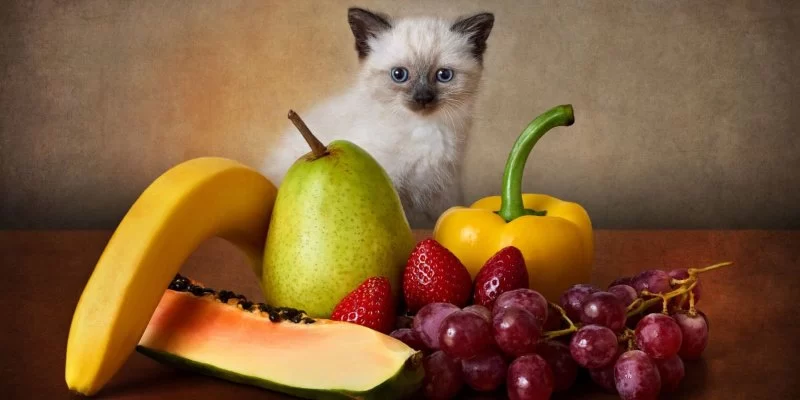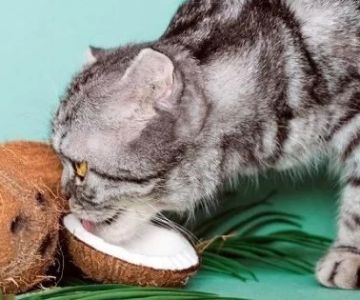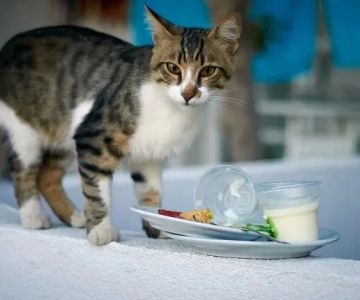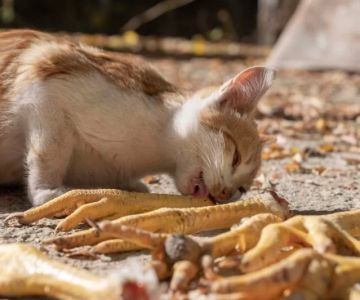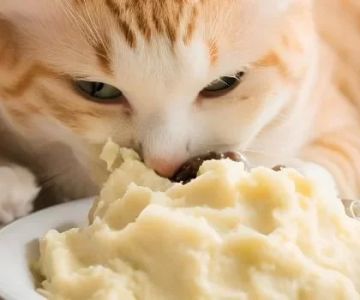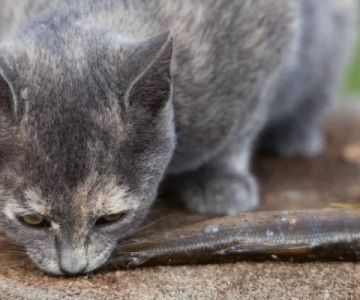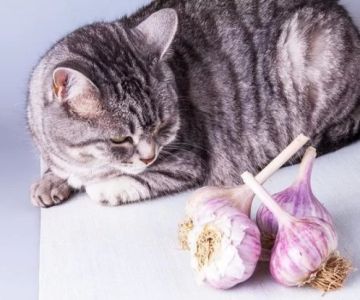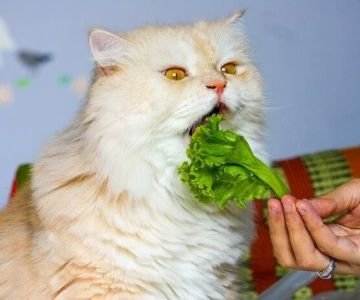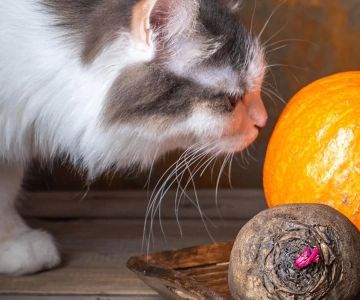- 1 - Understanding Cats and Fruit Consumption
- 2 - Safe Fruits Cats Can Eat in Small Amounts
- 3 - Fruits That Are Dangerous for Cats
- 4 - Why Fruit Salad Can Be Risky for Cats
- 5 - How to Serve Fruit Safely to Cats
- 6 - Signs of Fruit Toxicity in Cats
- 7 - A Real-Life Case: When Fruit Became a Problem
- 8 - Expert Guidance from Hidden Brook Veterinary
1. Understanding Cats and Fruit Consumption
When cat owners ask, “Can cats eat fruit salad?” the short answer is: sometimes, but with caution. Cats are obligate carnivores, which means their bodies are designed primarily to process meat. While a small bite of certain fruits might not harm your cat, their digestive system lacks the enzymes to break down sugars and plant matter efficiently. This makes it important to know which fruits are safe and which should be avoided completely.
Fruit should never replace a cat’s primary diet. Think of it as an occasional treat—something fun and colorful, but not a daily staple. Always remember that moderation is key, even for the safest options.
2. Safe Fruits Cats Can Eat in Small Amounts
Some fruits can be safely shared with cats when offered in moderation. These provide a touch of hydration and vitamins without causing digestive trouble. Safe fruits include:
1. Blueberries: Low in sugar and packed with antioxidants, a few blueberries make a great cat-safe snack.
2. Watermelon (seedless): Hydrating and refreshing during summer months—just avoid seeds and rind.
3. Apples (peeled, no seeds): Offer small slices for crunch and fiber, but make sure no core or seeds remain, as these contain cyanide traces.
4. Bananas: High in potassium but also sugar—an occasional slice is plenty.
5. Strawberries: Sweet and vitamin-rich, but serve sparingly to avoid sugar overload.
Always cut fruit into small pieces and offer them one at a time to monitor your cat’s reaction. Even safe fruits can upset sensitive stomachs if eaten in excess.
3. Fruits That Are Dangerous for Cats
While some fruits are harmless, others can be extremely toxic. Pet owners often assume that what’s healthy for humans is healthy for their cats—but that’s not the case. Here are fruits that should always be avoided:
1. Grapes and Raisins: Even small amounts can cause kidney failure in cats.
2. Citrus Fruits (lemons, oranges, limes): Contain essential oils and psoralens that irritate a cat’s stomach and nervous system.
3. Cherries: Their pits and stems contain cyanide compounds, which are highly poisonous.
4. Avocado: Contains persin, a toxin that can cause vomiting and diarrhea in cats.
5. Grapefruit: Acidic and oily, this fruit can cause digestive upset and photosensitivity.
When wondering, “Can cats eat fruit salad?” remember that one unsafe ingredient can turn a harmless treat into a medical emergency.
4. Why Fruit Salad Can Be Risky for Cats
Fruit salad might seem innocent, but it often contains a mix of safe and unsafe ingredients. Even if your salad only includes cat-safe fruits, the dressing, syrup, or added sugars can harm your pet. Many store-bought fruit salads also contain preservatives or citrus juice for freshness, which can irritate a cat’s digestive system.
In addition, cats are often drawn to the texture rather than the taste—since they lack sweet taste receptors, the sugary flavor doesn’t appeal to them. The main risk comes from curiosity and shared human snacks, not from intentional feeding. Always keep fruit bowls out of reach, and don’t let your cat lick leftover fruit juices from plates.
5. How to Serve Fruit Safely to Cats
If you decide to offer your cat a taste of fruit, follow these precautions to ensure safety:
1. Wash Thoroughly: Remove pesticides, wax, and dirt before serving.
2. Cut Small Pieces: Chop fruits into bite-sized chunks to prevent choking hazards.
3. Skip the Seasoning: Never add honey, cream, or sugar-based toppings.
4. Monitor Behavior: After the first few bites, watch for signs of digestive upset such as vomiting, drooling, or diarrhea.
Use fruits as a bonding moment rather than a dietary change. For cats with dietary sensitivities or chronic illnesses, always check with a veterinarian before introducing new foods.
6. Signs of Fruit Toxicity in Cats
If your cat eats an unsafe fruit, symptoms may appear quickly—sometimes within an hour. Watch for the following warning signs:
- Vomiting or diarrhea
- Excessive drooling
- Lethargy or weakness
- Tremors or disorientation
- Difficulty breathing (in severe cases)
Immediate veterinary attention is essential if any of these occur. You can contact Hidden Brook Veterinary for emergency advice or to schedule an urgent visit.
7. A Real-Life Case: When Fruit Became a Problem
One pet owner from Oregon shared that her cat, Luna, snuck a few grapes from the counter during a summer barbecue. Within hours, Luna began vomiting and refused food. A quick call to Hidden Brook Veterinary led to prompt treatment that prevented kidney damage. The experience taught her family a valuable lesson—some fruits that seem harmless can be life-threatening to cats.
These real cases remind us how critical it is to understand feline nutrition and recognize the risks hidden in our everyday snacks.
8. Expert Guidance from Hidden Brook Veterinary
If you’ve ever wondered, “Can cats eat fruit salad?” the safest answer is: not without guidance. While small amounts of select fruits are okay, every cat’s tolerance is different. The experts at Hidden Brook Veterinary can help you tailor your pet’s diet based on their health history, weight, and preferences.
For professional advice, dietary consultations, and safe treat recommendations, Hidden Brook Veterinary offers comprehensive nutrition services to keep your feline healthy and happy. Let their team guide you in making the right choices—because every treat should bring joy, not risk.

